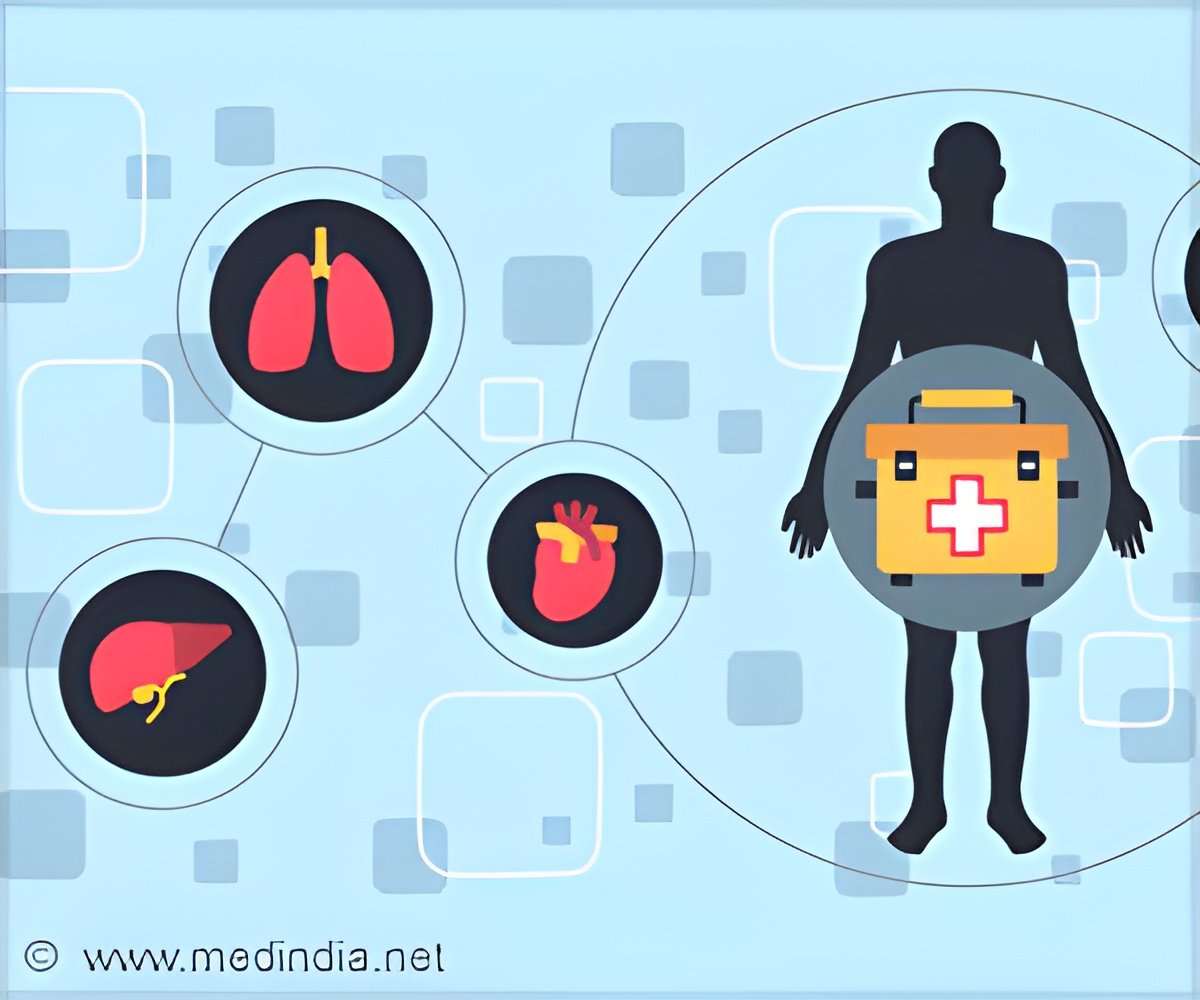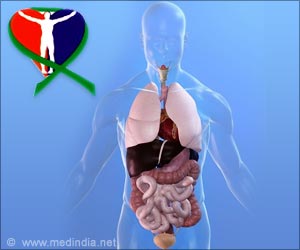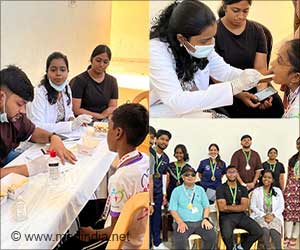
‘Recipients with asymptomatic COVID-19 or past resolved infection are now deemed safe to receive organs.
’
Tweet it Now
The issues around organ donation and COVID-19 will be presented in a talk at a special meeting on COVID-19 of the European Congress of Clinical Microbiology and Infectious Diseases (ECCMID 2022) on Wednesday 23 March, ahead of the main congress in Lisbon (23-26 April). The presentation is by Professor Paolo Grossi of the Infectious & Tropical Diseases Unit at the University of Insubria - ASST-Sette Laghi, Varese, Italy. He will discuss 30 transplants conducted by his team from donors with past, resolved COVID-19, and a further 38 from donors who had active SARS-CoV-2 infection at the time of their death.
“When COVID-19 arrived, there was a marked worldwide reduction in transplant activity during the first 3 months of the pandemic, with losses stabilizing after June, 2020, but decreasing again from October to December, 2020,” explains Professor Grossi.
“Transplant activity in all countries studied showed an overall decrease during the pandemic. Kidney transplantation was the most affected, followed by lung, liver, and heart transplants. Kidney transplantation is not considered as critical and immediate as a life-saving procedure, thus many centers globally deferred kidney transplants when COVID-19 hit.”
In the UK, for the year April 2020-March 2021*, the number of transplants fell by 20%, according the organization NHS Blood and Transplant, that oversees transplantation. And a study published in The Lancet Public Health during 2021 revealed that the overall number of kidney, liver, lung, and heart transplants from human donors fell by 31% during the first wave of COVID-19 across 22 countries. By the end of 2020, the overall decrease was 16%, with more than 11,200 fewer transplants carried out.
Advertisement
Other countries have followed a similar path to Italy in allowing transplantations in these circumstances, although exact regulations vary slightly from country to country.
Advertisement
Then at the end of 2020, protocols were introduced in Italy (and similar protocols introduced in other countries / recommended by international bodies) in which organs from donors with active SARS-Cov-2 infection, may be considered only if those donors died with asymptomatic infection or who died from causes unrelated to COVID-19.
In these cases ,organs may be offered to patients wait-listed for heart and liver transplantation in severe clinical conditions, where those patients have asymptomatic SARS-CoV-2 infection or a history of resolved COVID-19. In January, 2022, an additional requirement was introduced that recipient patients must have triple-vaccinated with an mRNA vaccine (Pfizer or Moderna) – because these are the COVID-19 vaccines are deemed to give the best protection - with documented evidence of serocoversion (meaning that the vaccines are working and producing antibodies as expected).
Those patients on the waiting list for kidney transplants in Italy must have a history of resolved COVID-19, and also be triple vaccinated with an mRNA vaccine, with documented evidence of serocoversion.
Thus today, unvaccinated patients or those without the completed course of COVID-19 vaccinations would not be considered for organ transplantation in Italy. Many other countries have adopted this same policy, again with variations from country to country. In the USA, growing numbers of transplant programs have chosen to either stop transplants altogether for patients who refuse to take the COVID vaccines, or give them lower priority on their crowded waiting lists. Other programs, however, say they plan no such restrictions — for now. It is a fluid and rapidly changing situation.
Protocols were also introduced in Italy in late 2020 (again also introduced in other countries) due to the decrease of liver transplant operations, allowing liver recipients to proceed with their operations even with past resolved or current active COVID-19 infection.
Prof Grossi discusses the first 10 patients in this situation to receive liver transplants in the Italian centres, of whom only two had active COVID-19 on transplantation and the other 8 past resolved infection. Of the two actively infected recipients, one subsequently died (from an antibiotic-resistant bacterial infection), but all the other nine patients are still alive.
“As we move deeper into 2022, the transplant community will undoubtedly learn more about using various organs from donors with recent or active COVID-19,” explains Prof Grossi.
One of the latest developments in this field is that organ recipients can be transplanted after receiving prophylactic treatment against COVID-19 during the transplant with monoclonal antibodies or antivirals.
Prof Grossi concludes: “Based on growing worldwide experience, we believe that organs from donors with past or active SARS-CoV-2 infection may be safely offered to candidates with immunity against SARS-CoV-2 because of previous infection or vaccination. This might contribute to increase the donor pool.”
In Italy today, transplant activity has now returned to almost pre-pandemic levels, with a similar story of progress in other countries.
Source-Eurekalert














